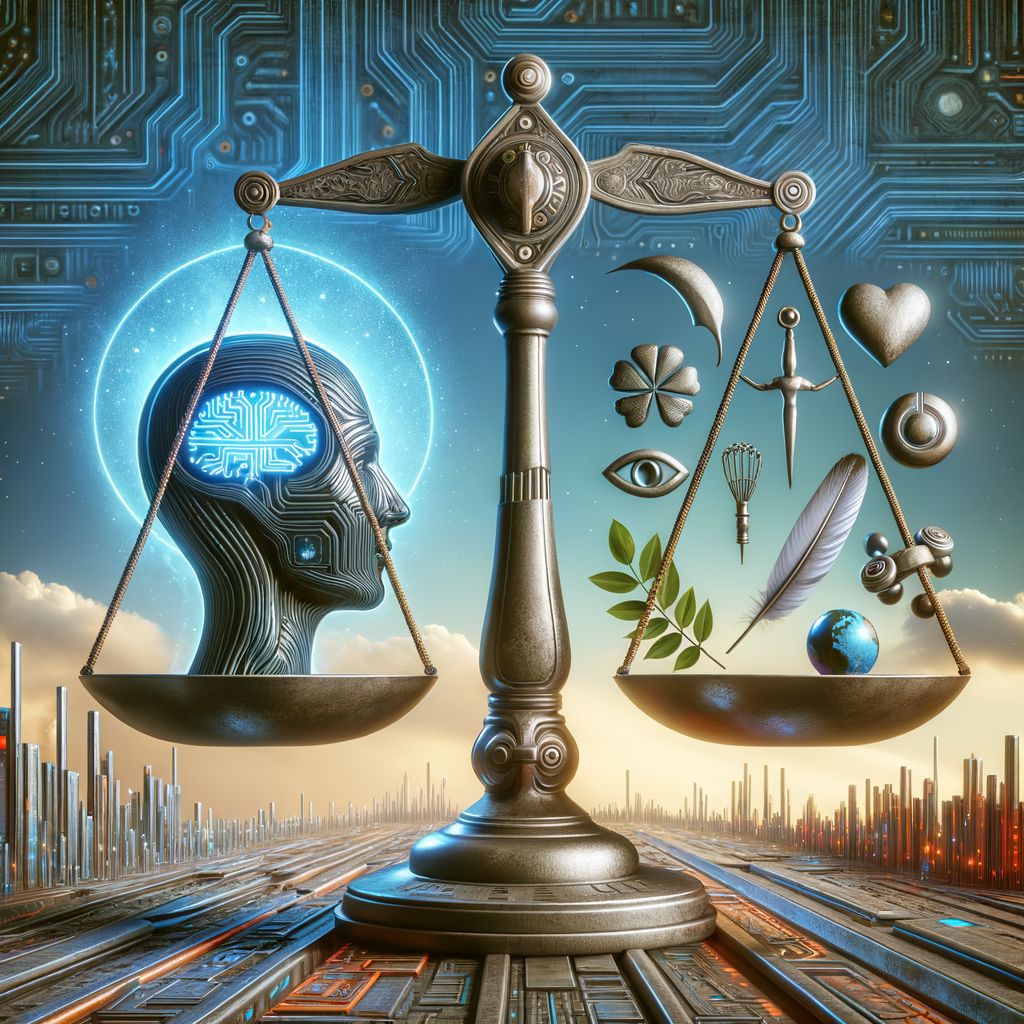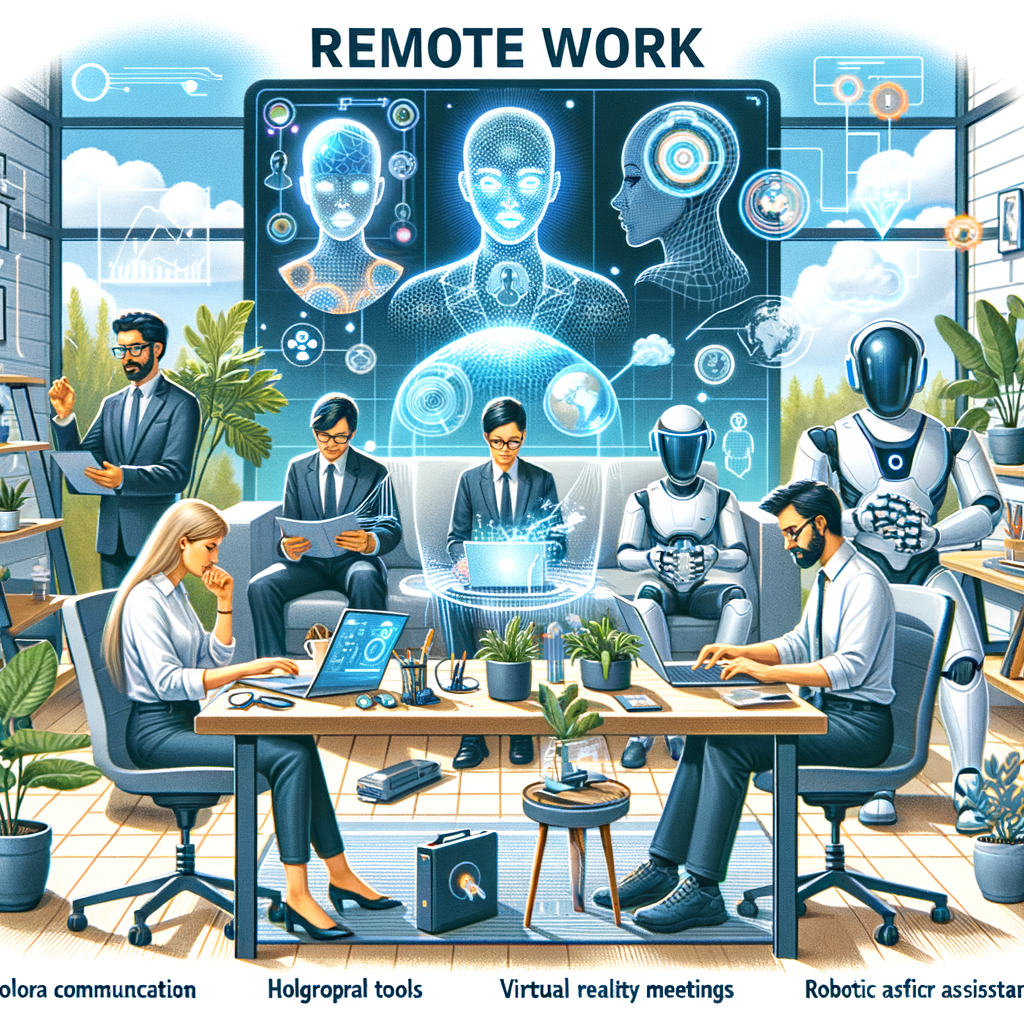
In the vast digital expanse of our interconnected world, the ethical quandaries posed by online piracy strike a dissonant chord within the music industry. Brandon Gaille (2017) casts a spotlight on this pervasive issue, revealing that music piracy siphons more than $12.5 billion annually from artists, producers, and songwriters. This stark reality unveils a curious ethical paradox: individuals who might balk at the thought of physically stealing a record display fewer reservations about downloading music illegally.
The Ethical Disconnect in Digital Spaces
It’s a peculiar phenomenon—the ethical disconnect that emerges when individuals engage with digital platforms. Many, who would otherwise uphold a moral stance against theft, find themselves entangled in the act of piracy, seemingly oblivious to its repercussions. This juxtaposition between digital behavior and real-world ethics underscores a significant challenge for creators. Our latest musical venture, “Songs of Piracy,” fell victim to this digital dilemma, witnessing a considerable dent in its revenue due to illegal downloads.
Harmonizing Actions Against Piracy

In response to these challenges, we’re orchestrating several measures aimed at fortifying our creations against the onslaught of piracy:
- Transitioning to digital sales of full albums exclusively, discontinuing the sale of single tracks on platforms such as Amazon, Google Play, or iTunes.
- Issuing takedown notices to file-sharing sites and streaming platforms like YouTube, which unwittingly facilitate the creation of pirated MP3 files through ripping software.
- Diversifying our revenue streams by launching an exclusive line of concert apparel and adjusting ticket prices to offset the anticipated losses in album sales.
These strategic changes resonate with our commitment to safeguarding our intellectual property, underscored by pivotal legal frameworks:
- Digital Millennium Copyright Act (DMCA, 1998): This legislation redefines U.S. copyright laws for the digital age, offering protections against piracy and establishing severe penalties for violations. It also creates a safe harbor for online service providers that proactively prevent access to pirated content Digital Millennium Copyright Act.
- Copyright Act of 1976: By delineating the rights of copyright holders and introducing “fair use” into law, this act forms the bedrock of copyright protection Copyright Act of 1976.
Concluding Chords
The digital landscape, for all its opportunities, also harbors challenges that test the bounds of ethics in the realm of creativity and copyright. By taking a stand against online piracy, we not only protect our livelihood but also affirm the value of artistic work in the digital era. The path to harmony in the digital music domain is fraught with complexities, yet through concerted efforts and adherence to the law, we can aspire to a future where music thrives, untainted by the shadows of piracy.






